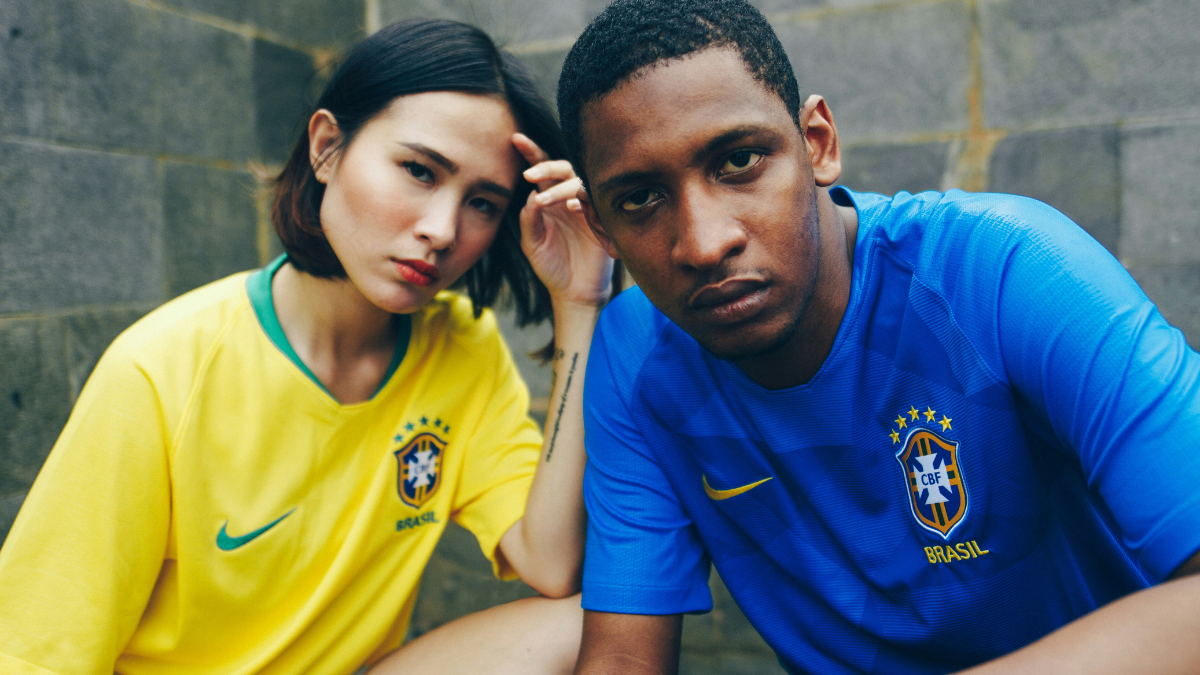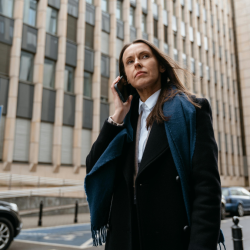Identity — it’s what makes us tick, what creates belonging, gives us meaning and creates a sense of self of where we fit in the world. It’s also something that we’re exploring more and more, diving deeper into who we really are. No more falling in line. We want to be ourselves, think, act and feel the way we want and be unapologetic about it. We also want to share and share everything — our opinions, our lunches, our complaints and our successes.
We all need to express ourselves. It’s how we make sense of the world and ourselves. That expression can materialise in many ways — we could sing, play sport, debate, draw or learn a new skill, but most expression is us putting ourselves out into the world, being vulnerable and honest.
With more and more opportunities to express ourselves online, it’s becoming easier not only to express, but to connect. Not just with others, but with ourselves. After all, expressing ourselves can help to explain who we are and enable greater self awareness, just as much as it helps explain us to others.
Online communities are taking the fear away from that expression
No longer are we concerned about how we’ll look or sound — we’re happy to share our identity, our views and opinions knowing that we can hide behind a keyboard. This is, however, a double-edged sword. With expression now being so easy to share, the danger is that we express too freely, too eagerly, and without understanding others.
We also share knowing that it isn’t uncomfortable — it’s even borne the terms “keyboard warrior” and “trolling” for those that consistently put others down from the comfort of their home, without looking that other person in the eye.
Can you express yourself in a tweet, a post or a picture? Yes. Can it accurately describe your identity? No. We need more, a more feature-length look into us as people to truly understand each other — and more often than not, that greater understanding shows that there are more things that unite than those that divide us. Social media only shows identity as binary. One thought, view or expression in isolation without the nuance and complexity of our entire identity.
At Distorted we use audio to help our clients communicate with their communities, and podcasting is the identity champion! No topic, genre, interest or passion is off limits — and regardless of what you’re creating, you’re using your voice and the spoken word to express yourself. No character limit, no algorithm and no filters. Social media created connections and showcased expression, but not understanding. Audio helps listeners to hear and feel people’s identities in a more intimate way.
The result of newer mediums that encourage conversations (like podcasting) rather than statement-based mediums, is that it showcases the whole person. How they look and sound, their mannerisms and quirks and the full context of their expressions.
The end result is these newer, more complete forms of communication invite conversation, debate and understanding, rather than hostile disagreements, malicious one-upmanship and bullying.
Using newer mediums as a way to share our full selves and not just the highlights, we hope can create greater connection and meaning, and a more understanding community around us.
Featured image: Pixabay via Pexels


























